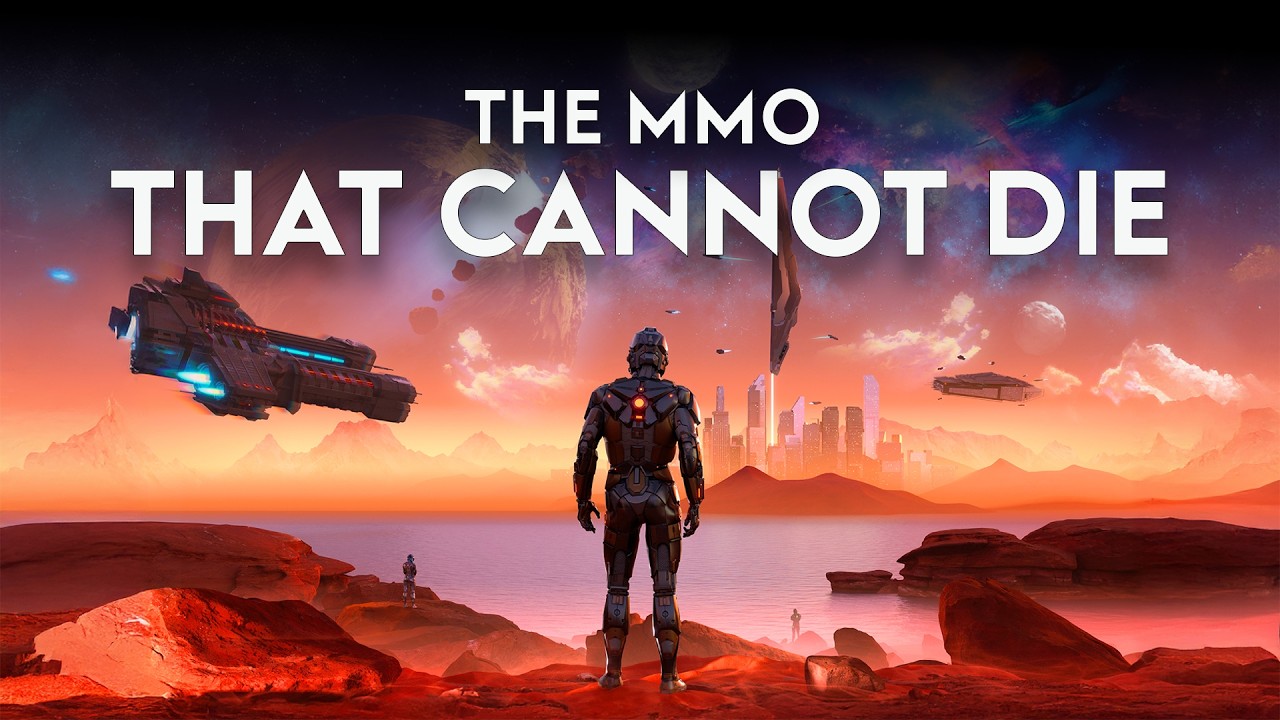Novaquark addressed the “Stop Killing Games” issue by releasing My DU in 2024, a self-hostable offline version of their space MMO Dual Universe, allowing players to run private servers and preserve the game independently. This pioneering move empowered the community to maintain the game beyond official support, setting a positive example for game preservation that larger studios have yet to widely adopt.
The gaming community has grown increasingly frustrated with the practice of studios shutting down online games, effectively erasing entire virtual worlds that players have invested time and money into. This movement, known as “Stop Killing Games,” demands the preservation of online games even after official servers go offline. While major publishers have been slow to respond, the small Paris-based studio Novaquark took a pioneering step with their space MMO, Dual Universe. In late 2024, Novaquark handed over control of the game to its community by releasing a self-hostable offline version called My DU, allowing players to run their own servers and keep the game alive independently of the studio’s infrastructure.
Dual Universe was an ambitious MMO launched after a successful Kickstarter in 2016, promising a continuous, editable sci-fi universe where players could build, explore, and interact in a single shared galaxy. Despite raising significant funding and impressing early testers with its voxel-based building tools and scripting capabilities, the game struggled after its official 2022 launch. The decision to wipe beta progress and the lack of promised features led to player dissatisfaction and a steep decline in population. By mid-2023, development slowed, and the game was widely regarded as a “dead game,” with only a small core community remaining.
The turning point came in August 2024 when Novaquark released My DU, a standalone client and server package that players could purchase for a one-time fee and run offline or on private servers. This unprecedented move gave players full control to preserve their creations, transfer blueprints from the official servers, and play without subscriptions. While My DU did not include the game’s source code, it effectively ensured Dual Universe could live on indefinitely as long as players maintained servers. This approach aligned perfectly with the goals of the Stop Killing Games movement, providing a practical solution to game preservation that larger companies have yet to adopt.
Reactions to My DU were mixed. Loyal fans celebrated the chance to keep their beloved universe alive and to use the game as a creative sandbox free from MMO constraints. However, some criticized Novaquark for charging again for access to what was effectively an offline mode, especially since many former subscribers had to repurchase the game. Others felt the game had failed to deliver on its original promises, and turning it into a private sandbox didn’t address those shortcomings. Nonetheless, Novaquark’s decision to empower the community rather than quietly shutting down servers was widely seen as a positive and rare example in the industry.
The broader implications of Dual Universe’s story highlight the challenges and possibilities of preserving online games. While some publishers like Ubisoft and Behavior Interactive have started experimenting with offline modes for their titles, the industry as a whole remains hesitant. Novaquark’s example proves that even smaller studios can successfully hand over control to players and ensure their games endure beyond official support. This sets a hopeful precedent for the future, suggesting that with enough will, larger studios could also adopt similar strategies to preserve their games for generations to come.
